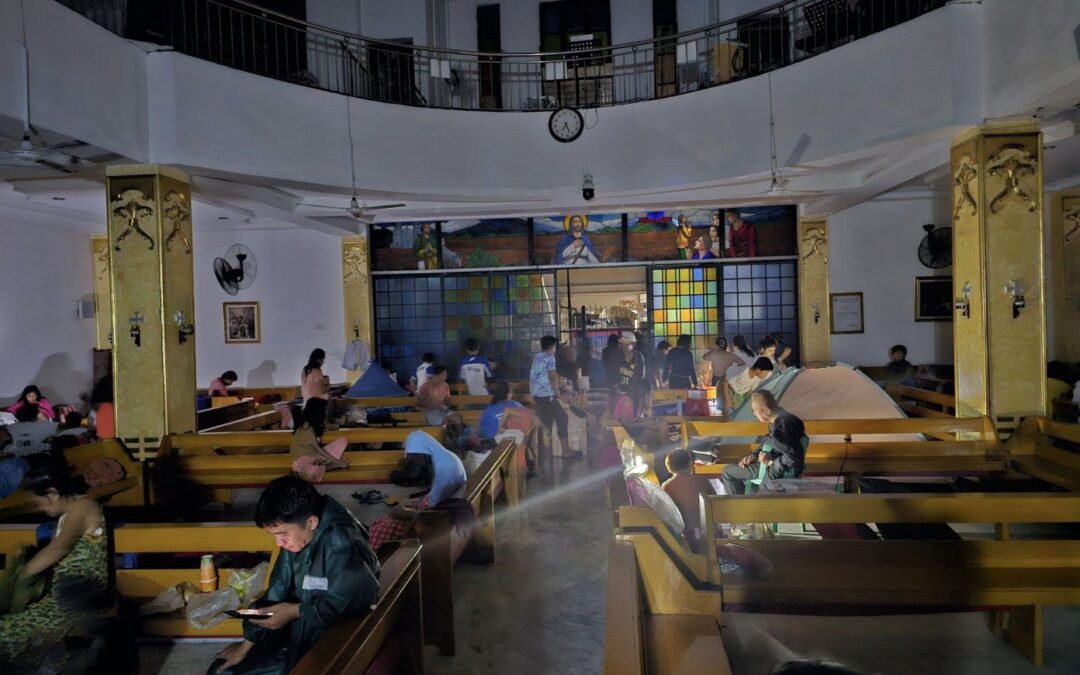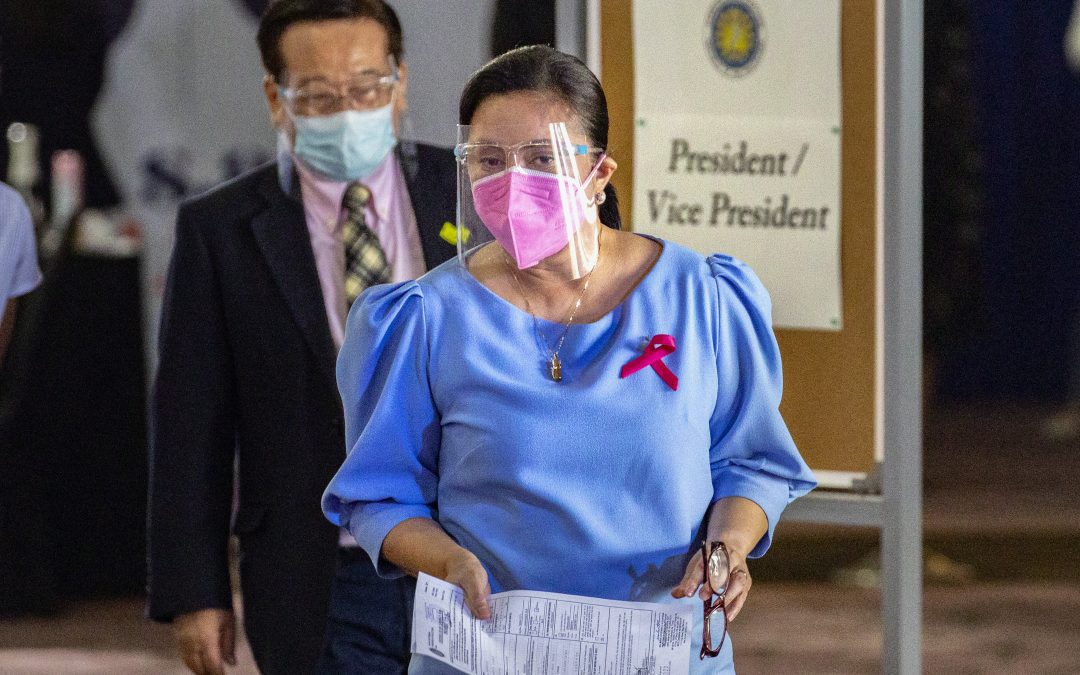Loss and damage (L&D) and scaling-up national actions must be prioritized in the agenda of the upcoming climate negotiations in Sharm El Sheikh, Egypt (COP27), according to Sen. Loren Legarda.
At a forum hosted by the French Embassy in Makati, Legarda emphasized that industrialized countries need to enhance their respective Nationally Determined Contributions, or commitments to reduce pollution and limit global warming.
“It is enshrined in the Paris Agreement that we must reach 1.5 degrees Celsius [of global warming] only; otherwise, the typhoons and everything we are feeling now will be worse than it already is,” she said.
The current Senate President pro tempore also stated that vulnerable nations like the Philippines need to push for concrete actions to avoid and reduce climate-related L&D. The nation was recently hit by super-typhoon Noru (Karding), which killed 12 people and caused more than PHP3 billion (USD62 million) of damages to agriculture.
At the previous negotiations in Glasgow, United Kingdom, developing countries pushed for the creation of a financing facility to address L&D, but the refusal of developed nations forced a compromise for this issue to be tackled instead in Egypt.
While Legarda is unlikely to physically attend COP27 due to legislative duties, she reaffirmed her commitment as a climate champion and be “a voice in convincing the industrialized nations to enhance their NDCs so that we can meet the 1.5-degree target and to address the issue of loss and damage”.
On food security
Amid rising prices of rice, corn, meat, and other staple foods and the poor state of the agricultural sector, food security has re-emerged as a critical issue among Filipinos.
Legarda, a staunch advocate of urban agriculture, said less wasteful, self-sustaining lifestyles can help ease issues related to food security in the country.
“The challenges of food security can be solved if we grow our own food, if we teach our children, teachers, and learners in public and private schools, and if we follow the Ecological Solid Waste Management Act,” she said.
She referred to existing programs and solutions such as “Gulayan sa Paaralan”, vertical gardens in informal settlements, and turning food waste into compost that could help ease the burden among consumers.
“These are already existing habits and programs. We should just give importance to them so that we are able to combat the problem of food insecurity,” she added.






0 Comments